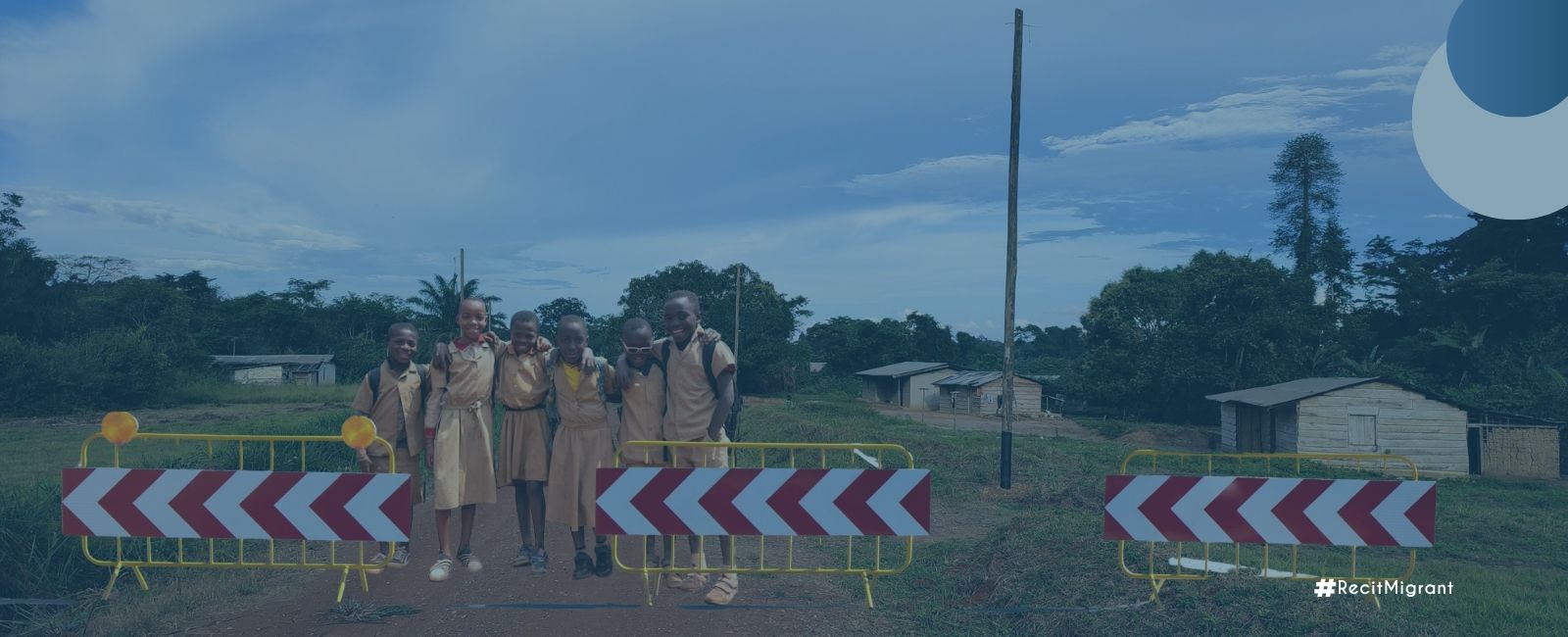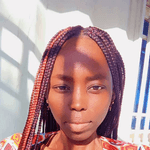

On 2 June 2025, the schoolyard at Lycée Félix Éboué in N’Djamena, the capital of Chad, was overcrowded. Amid anxious faces and last-minute revision, an accent from across the border could be heard. Once again this year, thousands of young Cameroonians had travelled to Chad to take their Baccalaureate exams, the equivalent of the British Advanced Level. While this may seem surprising, it reflects a combination of aspiration and strategic choice, representing a dignified and accepted form of educational migration.
“The Chadian Baccalaureate is more highly valued internationally than the Cameroonian Baccalaureate. It enables me to enrol at higher education institutions abroad,” says Bomba Francis, a young candidate from Maroua. For him, crossing the border is not an escape, but a step towards his future. He is seeking opportunities — namely, the chance to study at a university in Morocco, Senegal or Europe. This baccalaureate may be local, but to him, it has global significance.
For Aïssatou Haman, the diploma represents the end of a journey. “I’m motivated to take the Chadian Baccalaureate because it will enable me to pursue higher education in any country I choose,” she says. For this young woman from northern Cameroon, passing this milestone means leaving a challenging time at secondary school behind her and starting a new chapter in her life.
Between rigour and solidarity
However, this educational migration does not come without effort. Raziou Evinou, another candidate, readily admits to the pressure he has experienced: ‘I prepared myself physically and mentally. I’ve made it clear in my mind that I must succeed. I am determined.”
Associations such as Organisation des Jeunes Camerounais pour le Développement (OJECAD) have set up a comprehensive support programme to help candidates like him. “We’ve been organising course revision sessions since January,’”explains Bachirou Pouditto, the organisation’s president. ‘We’re also taking care of accommodation so that the candidates can live and study together in harmony.’ This solidarity among young people from Douala, Garoua, Kousséri and Bertoua fosters a strong sense of community and cultural integration.
Strengthening educational cooperation is essential
Oumar Ali Moustapha, a specialist in the management of education systems in Chad, explains that this is a legal phenomenon that is even encouraged. ‘They come to take their exams as independent candidates because the law allows it,’ he says. Those who live in Chad follow the regular school curriculum and register as official candidates. The Office National des Examens et Concours du Supérieur (ONECS) monitors them closely.’ For Moustapha, this openness reflects successful cooperation. ‘We welcome them warmly, without bureaucracy. They are allowed to take their exams in the best possible conditions and then they can return home.”
Many Chadians choose to pursue higher education in Cameroon, particularly at the major universities in Yaoundé and Ngaoundéré. “It’s a win-win situation,” says Oumar Ali Moustapha.
He believes that this trend could be further strengthened. He is calling for the harmonisation of diplomas and true academic integration within the CEMAC region. “At sub-regional summits, there is a lot of discussion about the economy, but very little about education. Students must be able to move freely to study in the countries of their choice.”
This migration speaks volumes!
Every year, the Chadian baccalaureate brings together people from across the region with different ambitions, hopes and strategies. These young Cameroonians are not fleeing a system; quite the opposite, they are seizing an opportunity. They embody a different kind of migration: not forced, but chosen; not clandestine, but organised; not marginal, but profoundly human.
In a region often characterised by tension and forced displacement, these candidates symbolise dignified mobility — a beacon of peace and hope for the future.
Recently Published
Subscribe to our newsletter!
Quick Links


